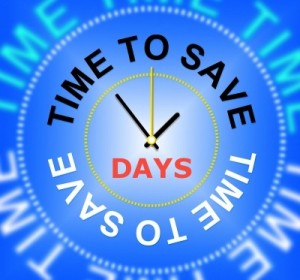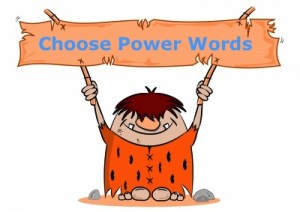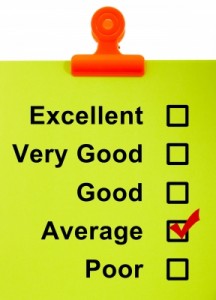“People are in such a hurry to launch their product or business that they seldom look at marketing from a bird’s eye view and they don’t create a systematic plan.” —Dave Ramsey
I’ve pursued many of these marketing activities for Calculated Risk. Decide which you have time for, would enjoy, and can afford.
For any of these ideas, search online for help on how to do the activities well and for testimonies on their effectiveness.
Marketing Ideas
1. “About Content” – Update the content about you on all your social networks. Include interesting tidbits about your book.
2. ACFW Fiction Finder – Check requirements to add your title to this American Christian Fiction Writers listing for people looking for fiction.
3. Ads – Join multiple authors in magazine ads. Newspaper ads for author events. Some blogs will display your cover in sidebars.
4. Amazon Author Central – Set up an account and author page.
5. Announcements – Build email lists now. Send your promotion postcards to readers and libraries.
6. Audience Analysis – Define your audience and where members gather. Join their online groups and build relationships.
7. Blog – Post regularly. Display your book cover on the sidebar. Publish book-related posts around your release date. Guest-blog on others’ blogs.
8. Blog Tours – Find bloggers willing to host you during a set period.
9. Book Clubs – Include a website tab. Offer free bookplates to groups that discuss your book. Offer to attend meetings through phone or Skype.
10. Book Launch Party – Plan a celebration at a local bookstore or a community center.
11. Book Signing – Hand out bookmarks. Join multi-author signings.
12. Book Trailer – Put your trailer on your website and other sites, such as Amazon’s Author Central.
13. Drawings – Hold drawings for a book or basket of book-related items at book signings and local businesses.
14. Conferences – Offer books at the center’s bookstore. Leave book promotional materials on appropriate tables. Build relationships.
15. Contests – Enter respected contests. Winners can add “award-winning author” to their bio. Runner-ups can mention that fact.
16. Consignments – Approach local gift shops to sell your books on consignment.
17. Email Addresses – Collect them on drawing entry forms or in your guestbook at author events. Ask participants to subscribe to your newsletter.
18. Endorsements – Include them on your website’s Book Page, promotional materials, press releases, and author pages.
19. Excerpts – Choose book excerpts for your website, interviews, and speaking events.
20. Facebook Author Page – Post regularly. Share book news.
21. Festivals, Fairs, and Craft Shows – Set up a book table and chat with people.
22. Goodreads – Hold book giveaways. Participate in Goodreads groups.
23. Influencers – Gather people to read your advance reader copies, write honest reviews, and promote your book on their social networks.
24. Interviews – Obtain interviews on blogs, websites, and other media.
25. Library Events – Contact local libraries and plan fun meet-the-author events.
26. Newsletter – Produce a newsletter periodically with content exclusively for subscribers.
27. Press Release – Send releases to local newspapers and the content to library and bookstore coordinators for your events.
28. Promotional Materials – Order bookmarks, business cards, postcards, posters, car magnets, banners, and book-related giveaways.
29. Reviewers – Request book reviews from bloggers and professionals who write reviews.
30. Speaking Engagements – Prepare talks to use for various types of events.
31. Virtual Parties – Host an online party with book-related blurbs and giveaways.
32. Website – Maintain a quality, updated website.
Peruse these marketing ideas & start promoting your upcoming book now. Click to tweet.
Add to the list. What are other marketing ideas?
 Here’s a plug for a marketing idea my publisher is doing:
Here’s a plug for a marketing idea my publisher is doing:
For the entire season of Lent, all e-books in the Pelican Book Group store are free. Yes, free–all e-books in the catalogue–from 18 Feb to 2 April. Calculated Risk is included in this promotion.
















 RSS - Posts
RSS - Posts